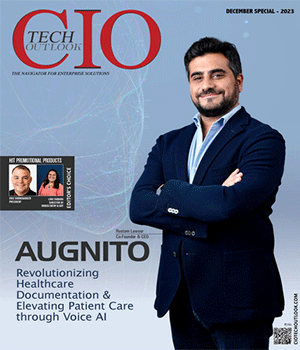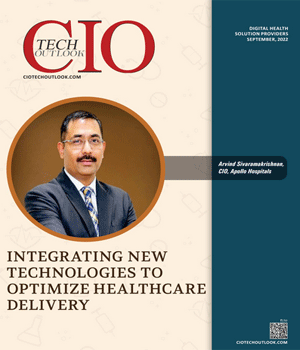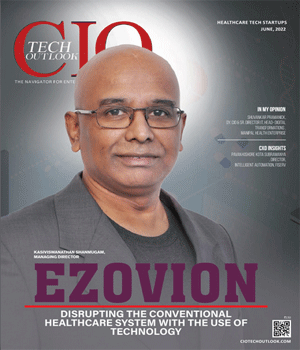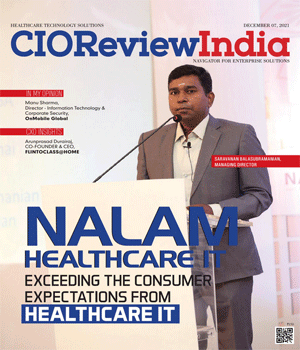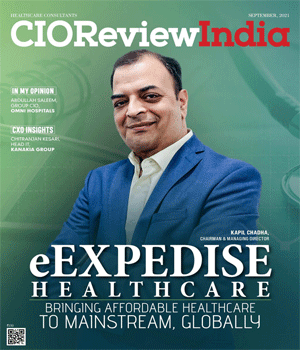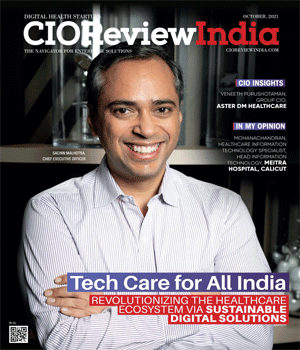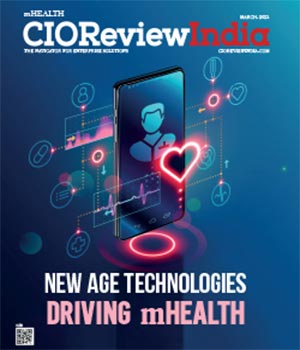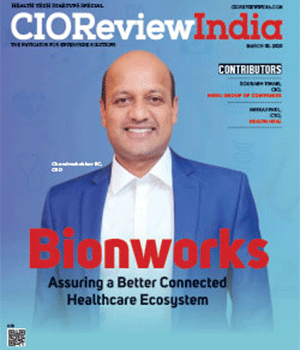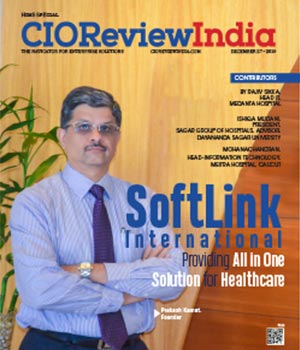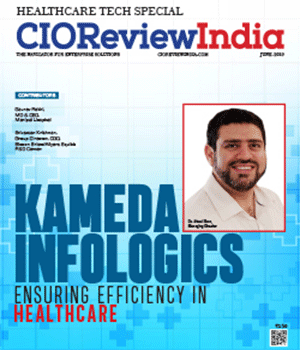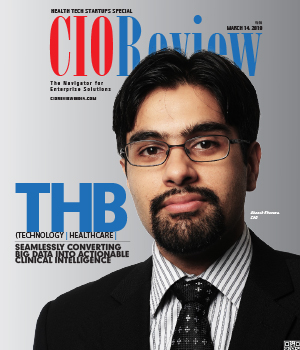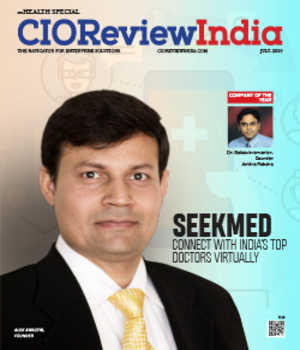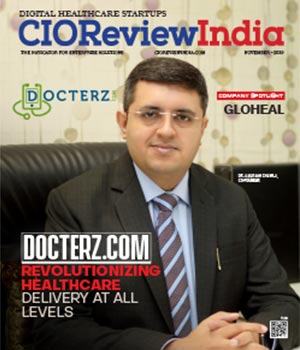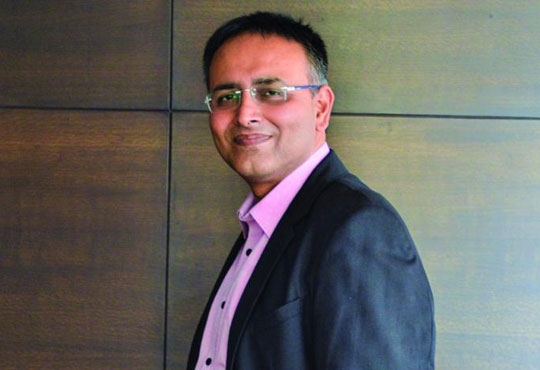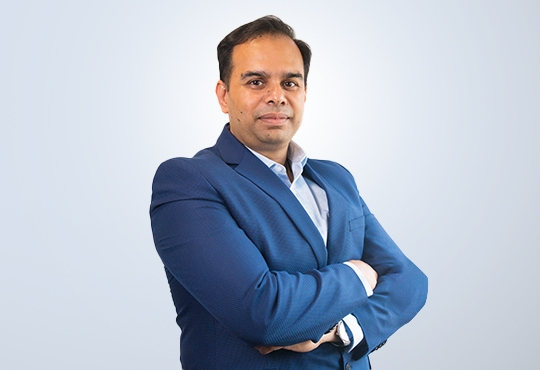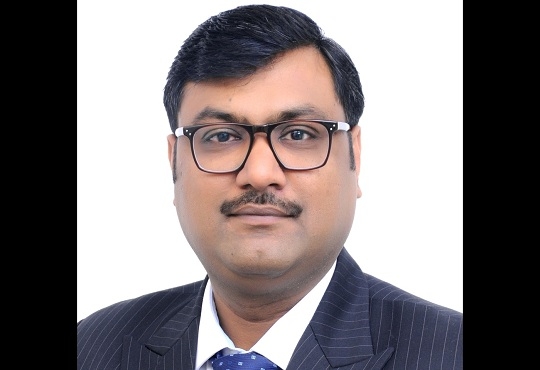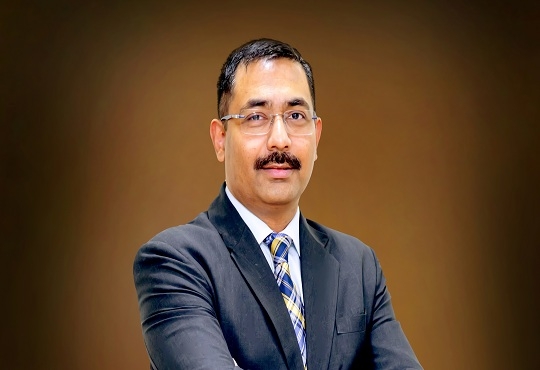
Diabetes Management - Today & Tomorrow
Amitabh Nagpal, Founder, LifeInControl | Thursday, 15 February 2018, 10:31 IST
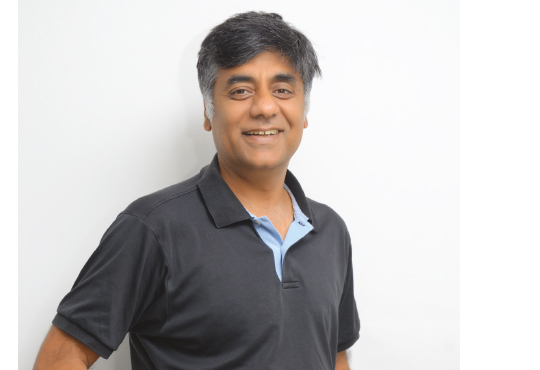 Meet Geeta.
Meet Geeta.
She suffers from Type 1 Diabetes. Just as many others like her, she has designed her life around her condition, but in a slightly different way. Before every meal, she asks her mobile app how it will affect her body or asks for suggestions on low carb recipes. She uses her monitor to check her blood sugar levels, to know how much insulin she needs to inject. All the data she feeds is stored on the cloud and can be accessed by Geeta as well as her doctor, on any smart device. Through the app, Geeta is also in touch with other patients in her community to exchange tips on how to better manage their condition.
Thanks to technology, Geeta feels empowered to manage her disease on her own and live independently.
That’s the kind of impact that mobile technology and digital intervention can bring about in the diabetes community. Experts predict that more people will manage their health using the gamut of smartphone apps that have already been developed or new ones yet to be launched. In fact, it is expected that shortly apps, based on clinical evidence, may even be prescribed by doctors, much in the way that drugs are prescribed.
The Need for Self-Management
India is on the brink of an epidemic of diabetes mellitus. In the near future, this disease will pose a severe burden on the already fragile and under-resourced healthcare system in India. Diabetes is a silent-killer that highly demands proper patient care and sound self-management which can be a major challenge for a patient.
The WHO estimates that more than 346 million people worldwide suffer from diabetes. This number is likely to more than double by 2030, without any intervention. It is important to understand that the needs of diabetic patients are not only limited to adequate glycemic control but also correspond with preventing complications, disability limitations and rehabilitation. When it comes to self-care, there are seven essential behaviours in diabetics which predict good outcomes: healthy eating, being physically active, monitoring of blood sugar, medication compliance, good problem-solving skills, healthy coping skills and risk-reduction behaviours. All these aspects have been found to be positively correlated with good glycemic control, reduction of complications and improvement in the quality of life. The advancement in ICT and the rapid increase of mobile phone users are showing that lifestyle management of a diabetes patient can be guided using mobile applications, and help to empower patients to independently manage their disease.
The Impact of mHealth
M-health is has grown to be one of the biggest sectors in India within digital healthcare, with a projected market size of 416 million USD in 2015 — and is set to increase to 1 billion USD INR by 2020. A recent study presented that 68% of doctors in developing markets like Brazil, India, and China recommend m-health and 59% of patients are already using them to manage their chronic conditions.
The ubiquitous access to smart mobile devices globally has enabled diagnostic and monitoring devices to render seamless healthcare services. With current technological advancements, integration of wireless technology with portable healthcare devices has become more than feasible.
Here’s how mobile health technology can prove beneficial for both patients and doctors in India:
• Accuracy: It enables policymakers, medical practitioners and facility operators to cater to large numbers of patients with a high degree of accuracy.
• Remote Access: mHealth tools allow patients & healthcare providers to access health records remotely, speed up processes, avoid duplication and save as much as 20-30% of administrative costs.
• Data Collection: Mobile devices are great tools to collect data from populations of healthy people interested in assisting with clinical studies and trials on preventive healthcare. This data can then be used to create predictive models and decisions systems for the future.
• Better Care Models: mHealth tools such as text messaging, wireless sensor technology and smartphone apps will improve speed, accuracy and convenience of diagnostic tests, improve medication adherence and test result delivery while enabling better doctor-patient communication.
What’s in store in 2018?
As more and more people turn to health and wellness apps on their smart gadgets, as many as 23 million people suffering from chronic diseases will be able to improve their condition through preventive measures and lifestyle improvements. Moreover, as many as 50 million people, including elderly, who are at a risk of developing a chronic illness, will gain access to earlier diagnosis and benefit from remote treatment and monitoring.
In the coming year, the focus must shift to public-private partnerships and effective CSR programs by hospitals, healthcare firms, and health-tech companies, to enhance the impact of mhealth. The private sector, which currently accounts for about 74% of the total healthcare expenditure in the country, will need to make more investment in developing better and more affordable healthcare technologies. Several start-ups have played an important role in improving the overall healthcare landscape in the country and will continue to do so in different ways.
Given the response generated so far in the Indian market, the adoption of mobility-led healthcare technologies will act as a catalyst for facilitating accessibility to world-class medical facilities. From first consultations to providing life-saving treatments and drugs to patients across the country, m-health can supplement and eventually replace the traditional healthcare service delivery models, enabling a better future for patients like Geeta.
CIO Viewpoint
Integrating New Technologies to Optimize...
By Abhrasnata Das
Quantum Shift in Healthcare Driven by...
By Abhrasnata Das
Product Adoption: Realizing The Real Value
By Ashish Pandey, CIO, GSK Consumer Healthcare India
CXO Insights
HIT Promotional Products: Fostering Empowerment...
By Eric Shonebarger, President & Lori Thibado, Director of Order Entry & Art
Addressing the Data Management Challenges in...
By Richa Singh
Elevating Patient Experience with Remote...


